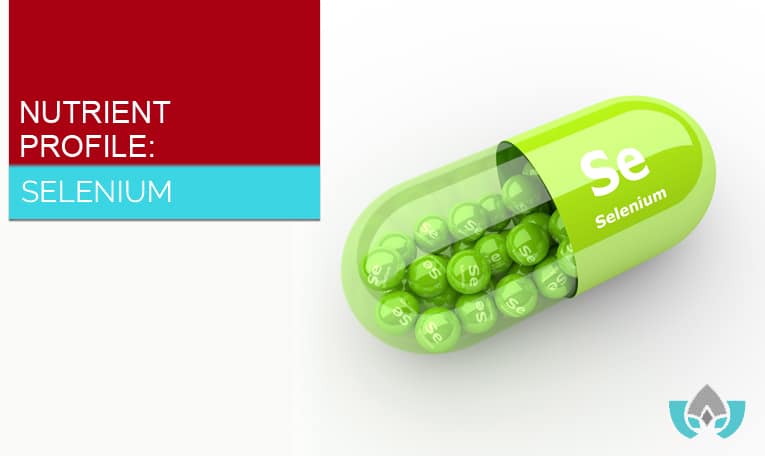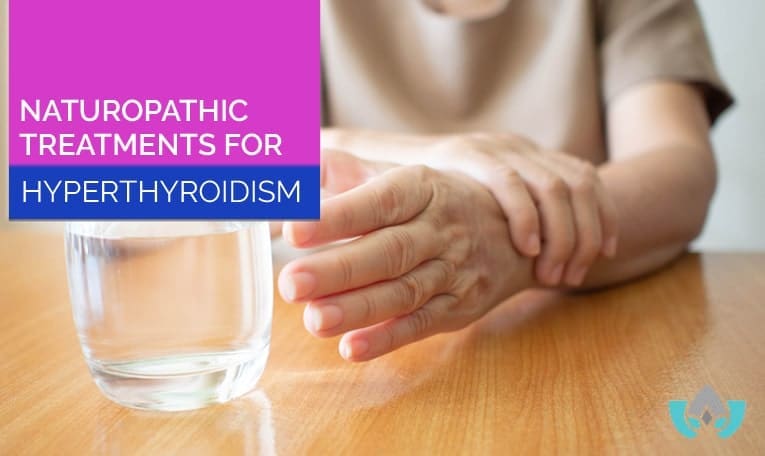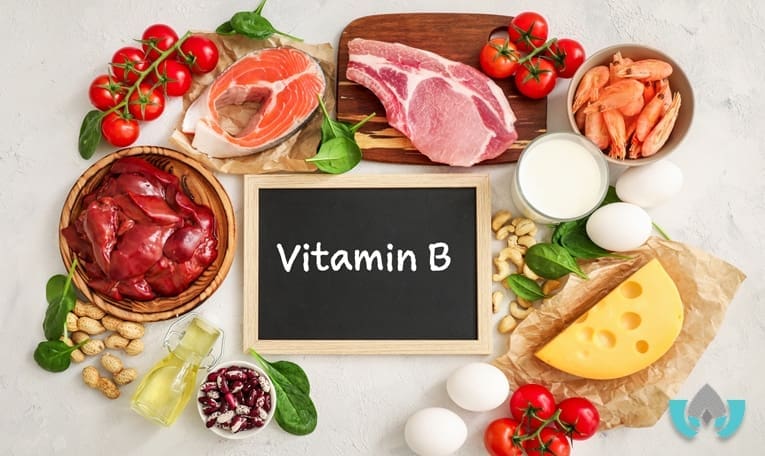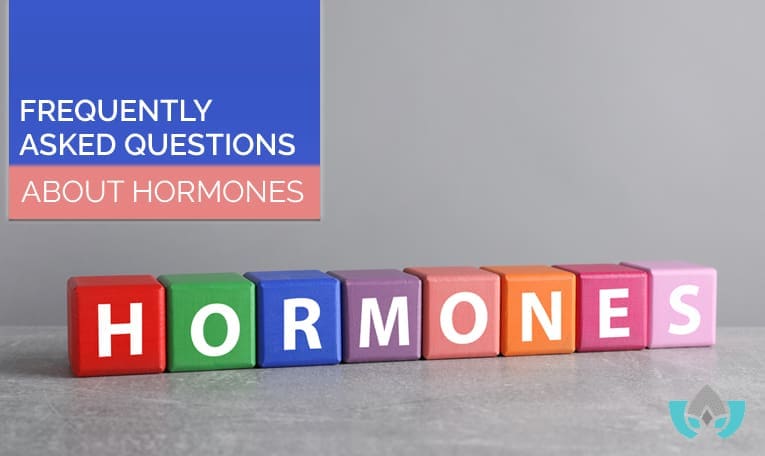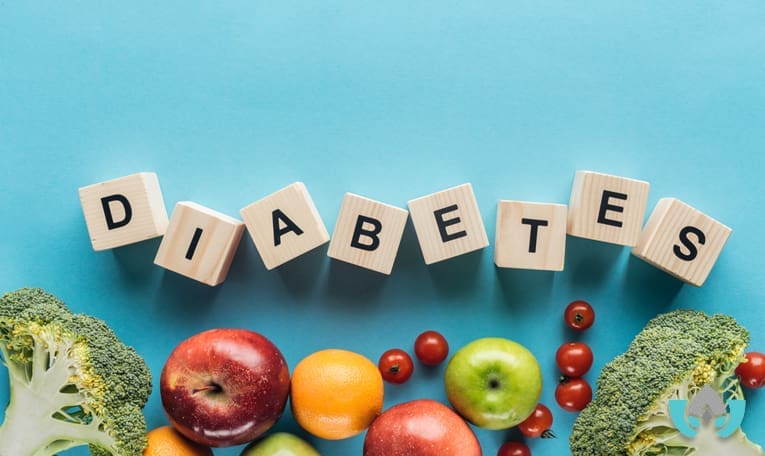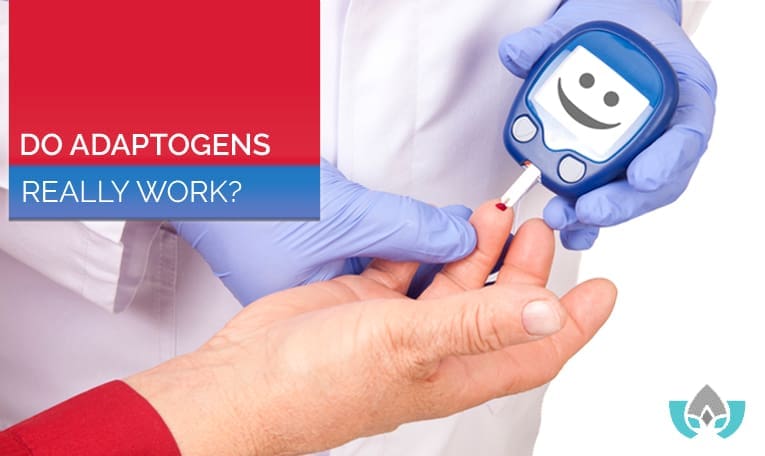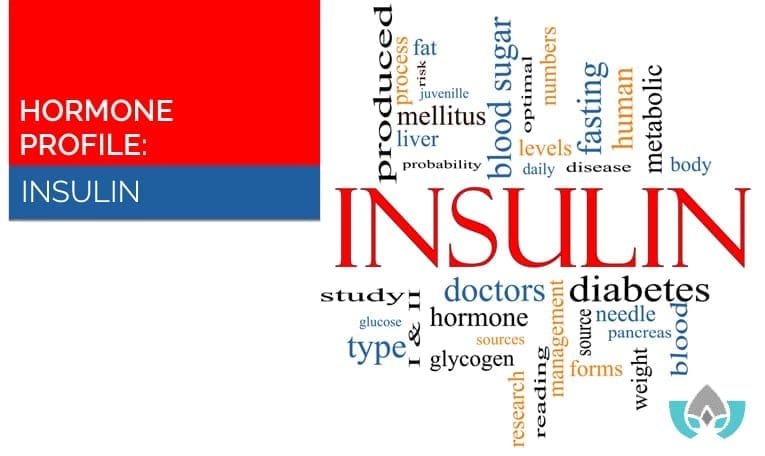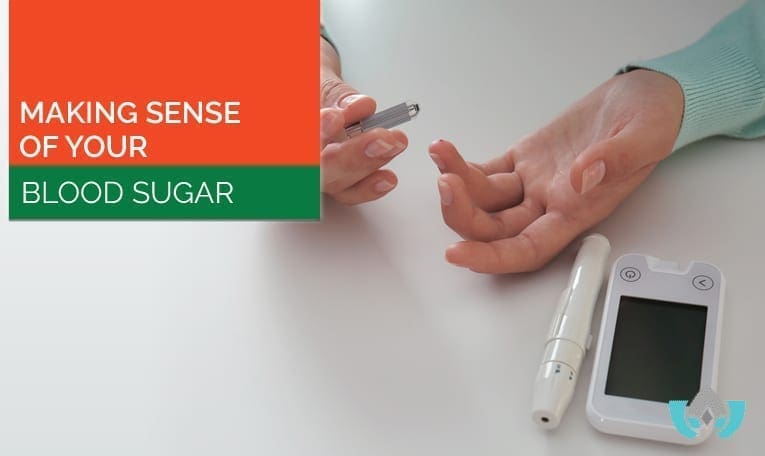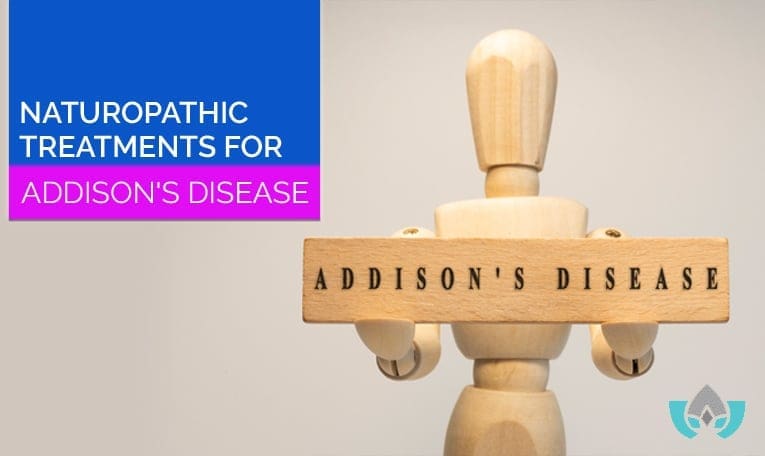

You probably know that your metabolism has something to do with how your body uses the food you eat.
It might have something to do with energy and body mass, right?
But what is your metabolism, really?
And if you aren’t satisfied with the one you have, can you change it?
I’m Dr. Maria Cavallazzi, a naturopathic doctor in Mississauga, and if you’re confused about metabolism, you’re not alone.
There’s a lot of information out there about it, and it can be difficult to parse through it all.
So let’s cut through the fluff and answer some of the most frequently asked questions about your metabolism.
What Is Metabolism?
Many people think that metabolism is the rate at which your body uses up calories, but this is a misconception.
Metabolism refers to all the complex chemical processes that happen inside your cells to convert food into energy.
Your metabolism produces energy to fuel all your essential bodily functions.
So where does that misconception about burning calories come in?
Every person has something called a basal metabolic rate, or BMR.
Your BMR refers to the number of calories you use to keep yourself alive when your body is at rest.
So, your metabolism is the chemical reactions that create energy in your body, and your BMR is the amount of that energy your body uses to keep you alive.
What Is The Purpose of Metabolism?
Your metabolism is responsible for the energy used for your basic bodily functions, including:
- Circulating blood
- Healing cells and tissue from damage
- Regulating hormones and preventing imbalances
- Regulating your digestive health
- Breathing
RELATED: Frequently Asked Questions About Hormones
Your BMR accounts for about 60 to 70% of the energy produced by your metabolism.
10% of the energy that’s left goes back into your metabolic processes to create more energy.
Whatever is left is used to fuel your movement and other activities.
What Does It Mean To Have A Fast Or Slow Metabolism?
Having a fast metabolism or fast BMR means that you use a higher number of calories even when at rest.
If you have a slow metabolism or BMR, you use energy more slowly and need fewer calories to survive.
Having a fast or slow metabolism does not translate directly to being large or small.
Muscle, fat, bone, and other bodily tissues require different amounts of calories to grow, heal, and maintain.
Your metabolism is impacted by your body composition and several other factors.
Can Illness Change Your Metabolism?
You might notice that you lose a little weight during a cold or flu.
This might happen because you are unable to keep food down or absorb nutrients, or because your body is using more energy to fight the illness.
Like crash dieting, these kinds of changes in your metabolism are usually temporary.
However, there are some health conditions that have a more lasting impact on your metabolism.
Cushing’s Syndrome and thyroid disorders are endocrine disorders that can affect your metabolism.
In particular, hypothyroidism can slow it down, and hyperthyroidism can speed it up.
In addition, genetic metabolic disorders can impact how your body metabolizes certain nutrients and enzymes.
These inherited metabolic disorders include:
- Wilson disease
- Tay-Sachs disease
- Gaucher disease
- Hemochromatosis
- Maple syrup urine disease
- Mitochondrial diseases
What Other Factors Affect Metabolism?
Your BMR can change over time and is impacted by several factors.
Your body composition has a major role in how quickly or slowly your metabolism works.
Your muscles use more energy for maintenance and repair than other tissue in your body.
Regardless of your overall size, the more muscle mass you have, the more energy you will use to maintain your body.
Body composition can also be impacted by age, genes, and sex.
As you age you lose muscle mass, slowing down your metabolism.
Your genes influence your body composition, including muscle size and ability to build muscle.
Sex and hormones can impact your body composition, including bone, muscle, and fat tissue.
People with higher testosterone tend to have heavier bones and more muscle, and on average use more calories.
Lifestyle factors also impact your metabolism.
After your essential bodily functions, movement uses up the greatest percentage of your calories.
Even if it’s not a high impact fitness routine, physical activity burns more calories than being still.
Whether it’s a Saturday sports league, a lot of running around in your daily life, or a hobby like gardening, birdwatching, or yoga, anything that keeps you moving will boost your metabolism.
RELATED: Naturopathic Weight Management Solutions
Quitting smoking may lead to a slow down in your metabolism as well – this is because nicotine speeds up your metabolism.
Despite this, the long term health benefits of quitting smoking far outweigh the impact on your metabolism.

How Do You Improve Your Metabolism?
Your metabolism is always at work inside your body.
Strategies to improve your metabolism need to be slow and steady to have long term effects.
Short term approaches like restrictive diets and aggressive exercise routines can shock your metabolism.
Instead, try making small, consistent changes.
Here are some healthy, sustainable, and natural ways to boost your metabolism.
1. Stay Hydrated
Hydration is essential to balancing the chemical processes in your body.
Drinking water is also a great way to regulate some of the things that impact your metabolism.
Drinking 500 ml of water 30 minutes before a meal can help you control your appetite and manage your caloric intake.
Replacing sugary beverages with water is also a natural way to limit your intake of extra calories and harmful refined sugars.
RELATED: How To Lose Weight With Water
2. Drink Green Tea
Another alternative to sugar sweetened beverages, green tea offers a few benefits when it comes to improving your metabolism.
The chemical compounds in green tea help convert stored fat into free fatty acids.
This may make it easier for your body to use and eliminate stored fat.
Caffeine, which is found in green tea, can also offer a temporary metabolism boost that increases your calorie use during exercise.
3. Exercise
Any physical activity will use more calories than sitting.
If you work at a desk, try switching to a standing desk, going for a walk at lunch, or getting up for a few stretches once every 45 minutes.
Certain types of exercise also offer specific benefits when it comes to boosting your metabolism.
Weight training is a great way to improve your metabolism because it builds muscle mass, which will naturally increase your resting metabolism.
High intensity interval training (HIIT) involves short bursts of very intense physical activity.
If this type of exercise is safe for you, it can help you boost your metabolic rate during and after your workout.
4. Get A Good Night’s Sleep
Not getting enough sleep can really disrupt your body’s natural processes, including your metabolism.
Sleep deprivation has been linked to increased blood sugar levels, insulin resistance, and variations in the hormones ghrelin and leptin.
High blood sugar and insulin resistance can lead to type 2 diabetes.
Ghrelin and leptin help your body to feel hungry and full.
When your body’s natural systems for delivering energy and recognizing that you need to eat are disrupted, it can be more difficult to regulate your hunger and energy use.
If you have a hard time falling asleep, here are some natural solutions to combat insomnia.
RELATED: Why Do We Need Sleep, Anyway?
5. Eat Plenty Of Protein
If you’re trying to manage your caloric intake more efficiently, eating protein is your secret weapon.
Your body uses more energy to digest protein than it uses for carbohydrates or fats.
You also digest protein more slowly, so you will feel full longer.
If you are changing your diet or exercising more, lean protein will also help to preserve and build muscle mass as you lose body fat.
All these factors can help you to manage your caloric intake and use calories more efficiently.
Book Your Appointment With The Mindful Healing Clinic Today
Whether it is fast or slow, your metabolism is always there, always working to deliver what your body needs.
With time, sensible physical activity, and some minor adjustments to what you eat and drink, you can make your metabolism your friend.
To learn more about natural, balanced, sustainable approaches to improving your metabolism, book your appointment with The Mindful Healing Clinic today.

